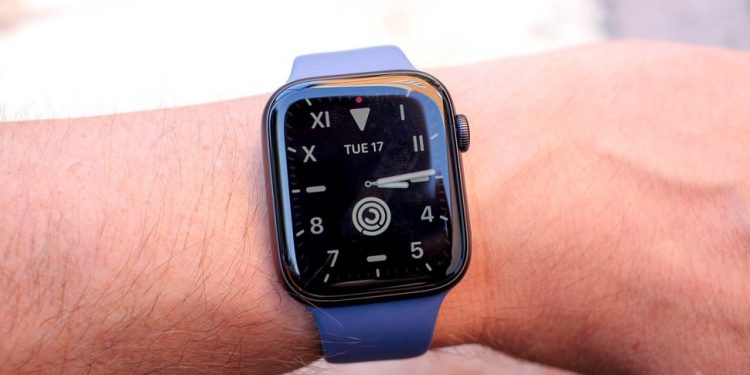New Delhi: Smartwatches do tell the time — like smartphones that still make and receive calls — but this particular wearable segment has come of age with real-life use cases in areas like health and fitness along with a connected app ecosystem that has made them a preferred choice for the Indian millennials.
According to the International Data Corporation’s (IDC) “Worldwide Quarterly Wearable Device Tracker Q3 2019”, 3.07 lakh watches were shipped during the third quarter into India — registering 47 per cent growth quarter-on-quarter and 127 per cent growth year-on-year.
Among the watches, the country saw the arrival of 1.87 lakh smartwatches in the third quarter, registering 28 per cent QoQ growth and 93 per cent YoY growth.
With a strong millennial base with rising disposable income, India now offers immense growth potential for the smartwatch players, currently being dominated by the Apple Watch Series.
Here, one has to understand the difference between a true smartwatch and a basic one.
Apple, Fitbit and Fossil are true smartwatches while the rest of the crowd comes under the basic watch (with smart features) category.
To make it simpler, a basic watch is like an entry-level smartphone — brands like Huami’s Amazfit, Huawei etc. — while smartwatch — that can run third-party applications on the device itself — is considered truly ‘smart’.
“Basic watch includes devices resembling traditional wrist-worn watches and/or devices where timekeeping is a primary function. Timekeeping and a default watch screen, or watch face are a requirement for a device to be considered as a basic ‘watch’,” Jaipal Singh, Associate Research Manager, Client Devices, IDC India, told IANS.
In a price-conscious market like India, several brands have entered the basic watch category with smart features, especially related to health and fitness.
“The mid-range segment or entry-level watch (basic watch) segment is growing very fast as more and more Indians realise the importance of staying fit. People who wore fitness bands for years are now switching to such watches, and, eventually, true smartwatches. We will see more brands entering this segment in 2020,” elaborated Singh.
Earlier, in the second quarter of 2019, the India market for wearable devices grew 30.9 per cent sequentially — reaching an all-time high of 30 lakh shipments in a single quarter, according to the IDC.
Smartwatches saw a healthy 99.6 per cent (YoY) and 42.9 per cent (QoQ) growth in the second quarter in the country.
At the rate of 30-40 lakh wearables each quarter, we can easily see India consuming in between 1.2 crore and 1.5 crore wearables in a year which is still small compared to globally but the growth is stupendous.
The wearable market is expected to reach global shipments of 222.9 million units in 2019, with earwear and watches accounting for more than 70 per cent of all wearable shipments by 2023.
According to Ramon T. Llamas, Research Director, wearables team, IDC, smartwatches “will move deeper into health and fitness and connect with multiple applications and systems, both at work and within the home.”
(IANS)






































